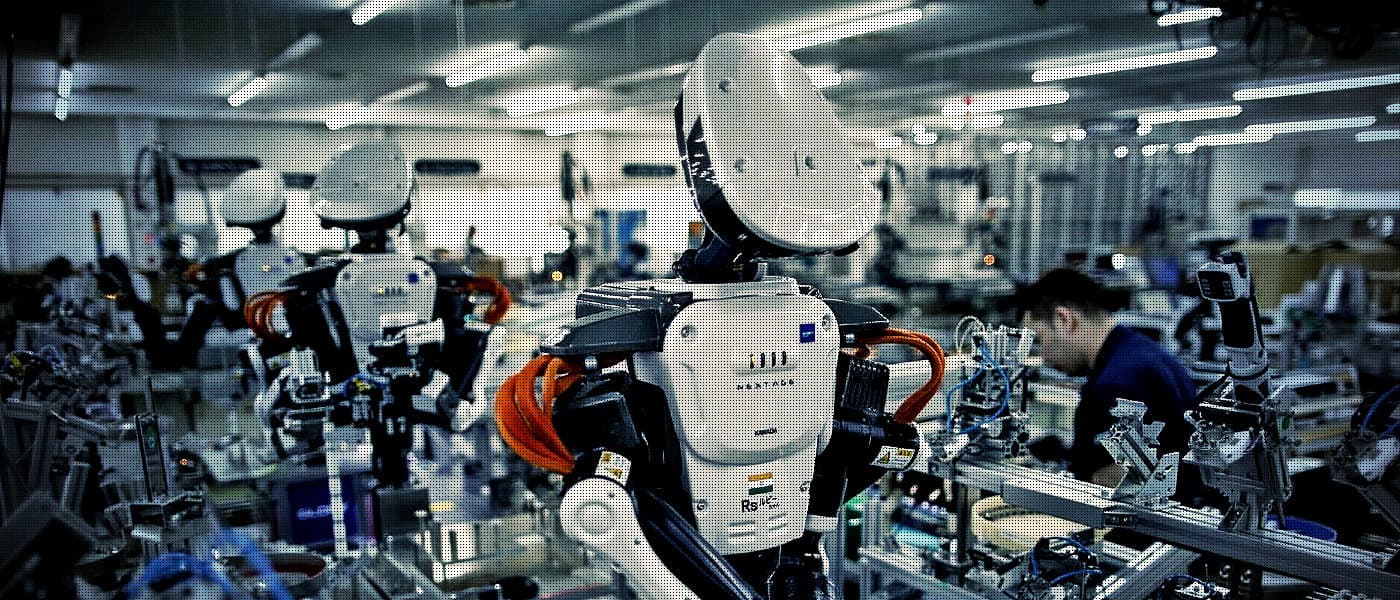A Radical Change
To paraphrase the Bard's famous quote: "The first thing we do, let's replace all the lawyers with automated algorithms."
Doesn't have quite the same sting as the original, but it may more accurately reflect the present reality.
Traditionally, the target of technological automation has been mechanical labor and factory jobs, but improvements in robotics and artificial intelligence has now caused this trend to extend beyond blue-collar jobs and into white-collar jobs, such as accounting and law.
A new analysis from Deloitte Insight states that within the next two decades, an estimated 114,000 jobs in the legal sector will have a high chance of having been replaced with automated machines and algorithms. The report predicts “profound reforms” across the legal profession with the 114,000 jobs representing over 39% of jobs in the legal sector.
These radical changes are spurred by the rapid pace of technological progress and the need to offer clients more value for their money. Automation and the increasing rise of millennials in the legal workplace also alter the nature of talent needed by law firms in the future.
Offsetting the Loss
It’s not all lost jobs however. While lower-skilled jobs such as legal secretaries would be lost to automation, this would be offset by new high-skilled roles needed to develop and manage new technologies. An estimate from the report puts the current loss by the legal sector at 31,000 jobs, yet the sector also saw an overall increase of around 80,000 jobs, which are better skilled and paid.
Explaining this disparity requires an examination of the changing nature of legal work. Firms have been using robotics and algorithms to automate routine processes, with some firms already using virtual assistants to assist clients and perform in-house functions. To handle large volumes of contract information and data, law firms have also turned to advanced analytics, an indication of the potential of outsourcing repetitive processes to algorithms
With the loss of these lower skilled and menial jobs in the sector, law firms would be able to hire more contract lawyers with a more varied skill set, and would also need to develop new non-lawyer roles to manage the transition to new technologies.
Peter Saunders, lead partner for professional practices at Deloitte, said: “Advances in technology mean that an ever greater number of traditional, routine tasks within the legal sector can be automated by smart and self-learning algorithms. Some firms are already making use of virtual assistants or e-discovery tools. However, there is more that the legal sector can do to use automation and technologies."
Share This Article
